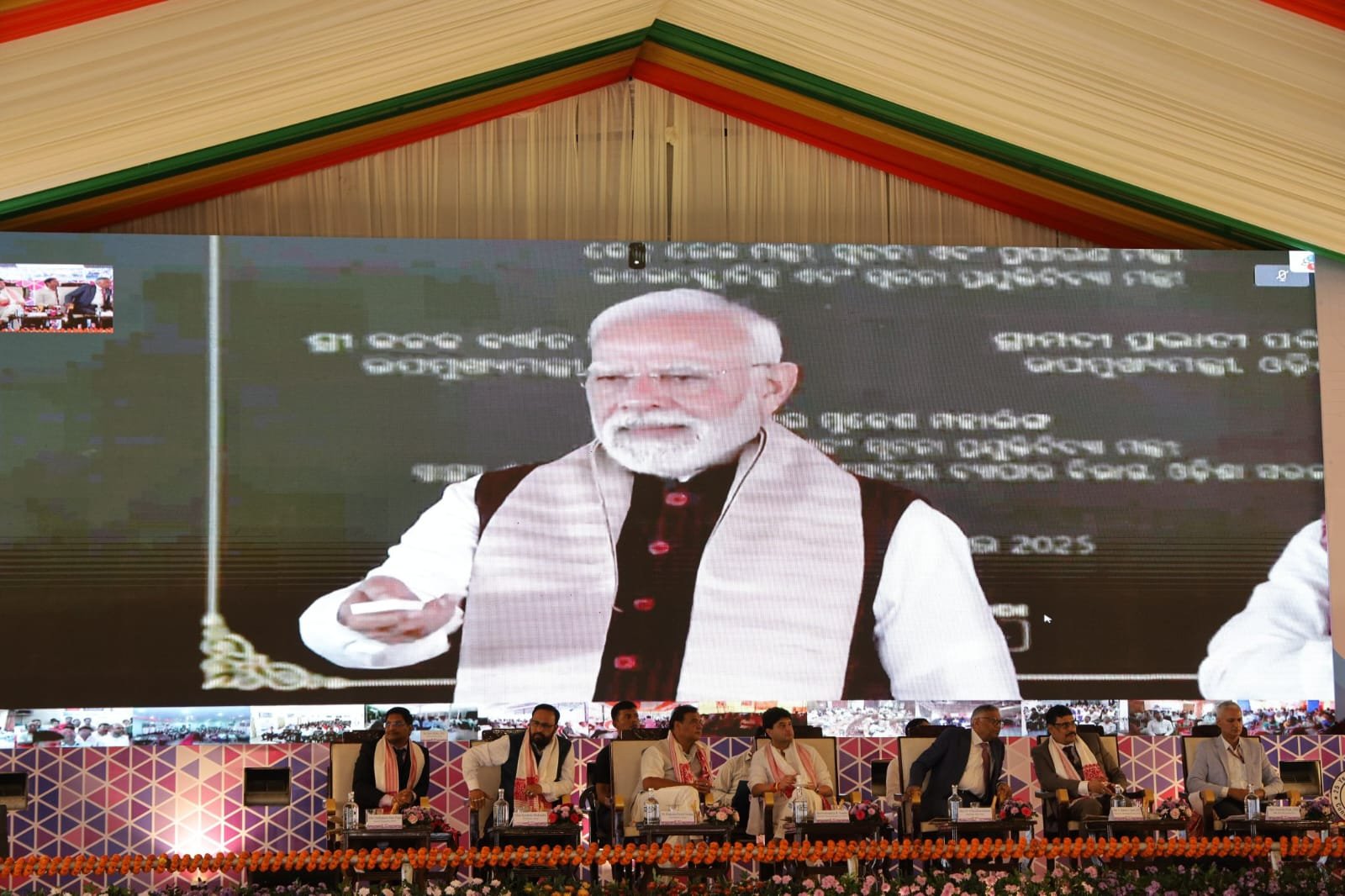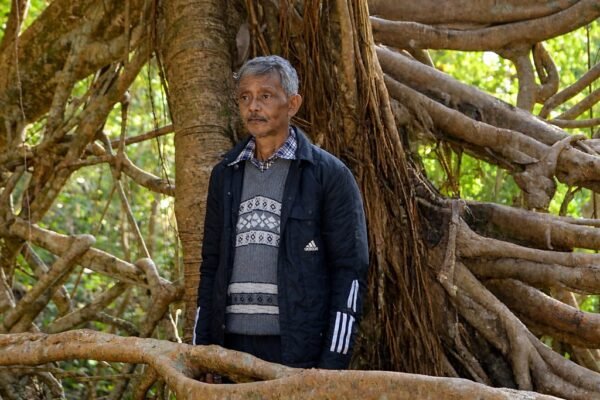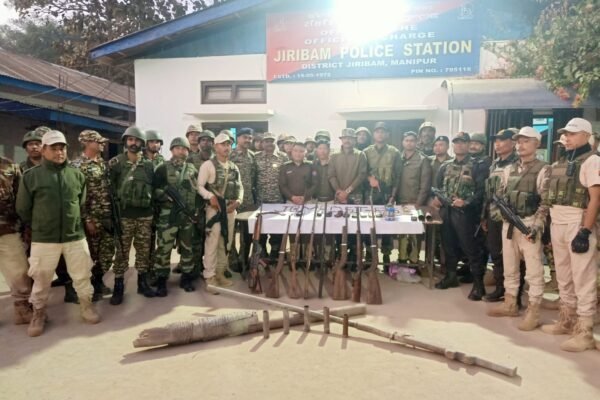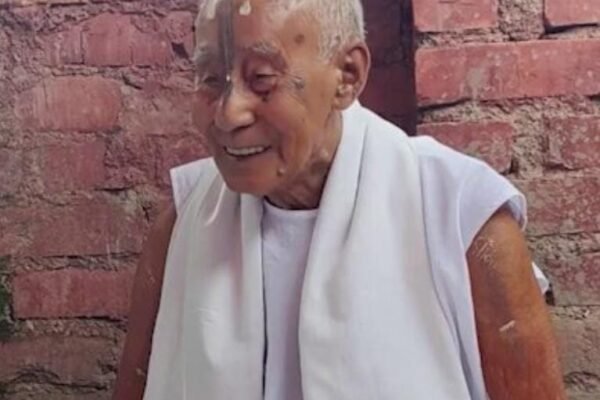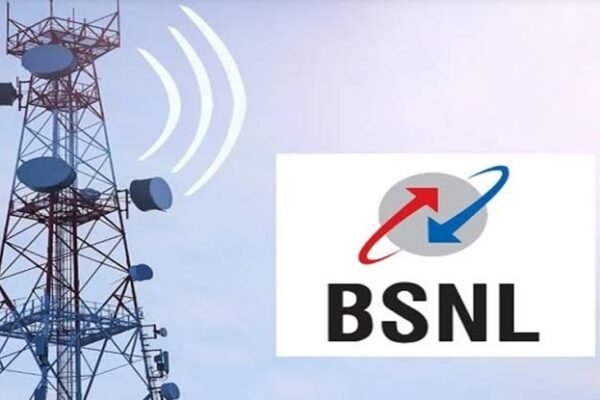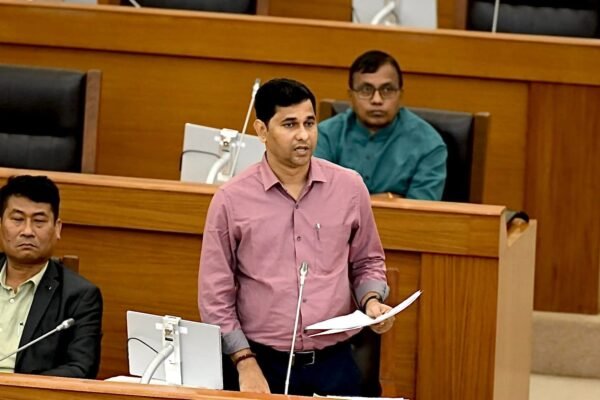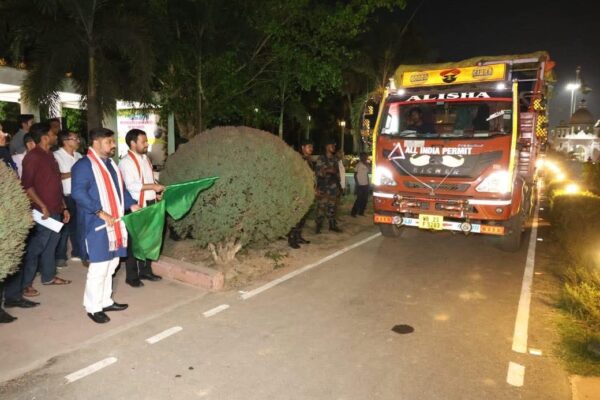Prime Minister Narendra Modi on Saturday inaugurated India’s fully indigenous 4G mobile network, described as a milestone in the country’s telecom sector. The Swadeshi 4G stack, launched from Jharsuguda in Odisha, will extend coverage to 29 districts across Meghalaya, Mizoram and Tripura, officials confirmed.
According to BSNL, 1,278 towers are being installed in the three northeastern states at a cost of Rs 1,092 crore. The project also covers the Border Outpost Project (BOP BIP) to strengthen telecom services in difficult border regions. Of the 18 towers planned under this scheme, two in Meghalaya have already been commissioned.
Nationwide, the 4G rollout will cover nearly 98,000 sites. In the Northeast-1 circle alone, 848 towers are being set up, including 262 in Meghalaya where 252 are already operational, said Daily Giri, Chief General Manager of BSNL NE-1 Circle.
Officials stated that the network will be upgraded to 5G under Phase IX.2 expansion, bringing high-speed connectivity to remote corners of the country. BSNL, which has reported profits in recent quarters, expects the indigenous 4G initiative and government-supported projects such as the 4G Saturation Project to accelerate growth and bridge the digital divide in underserved regions.
